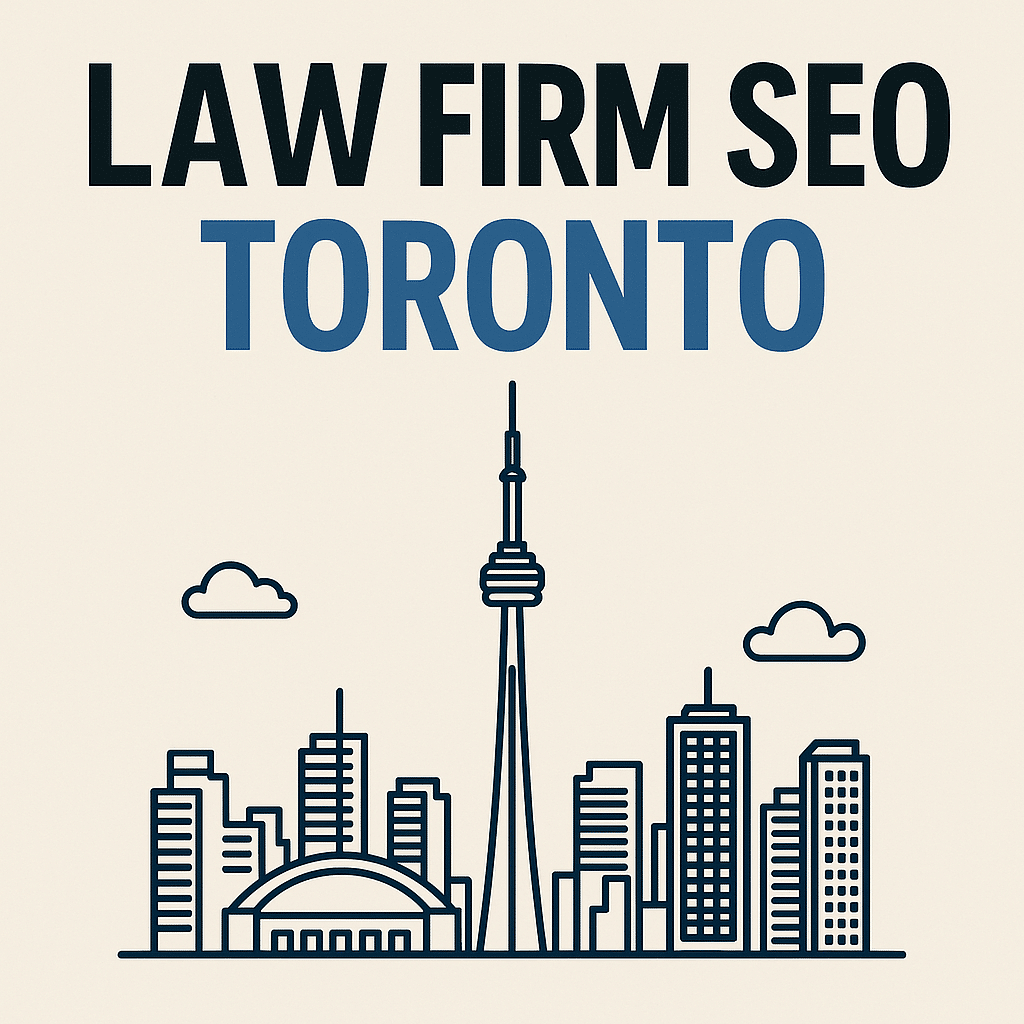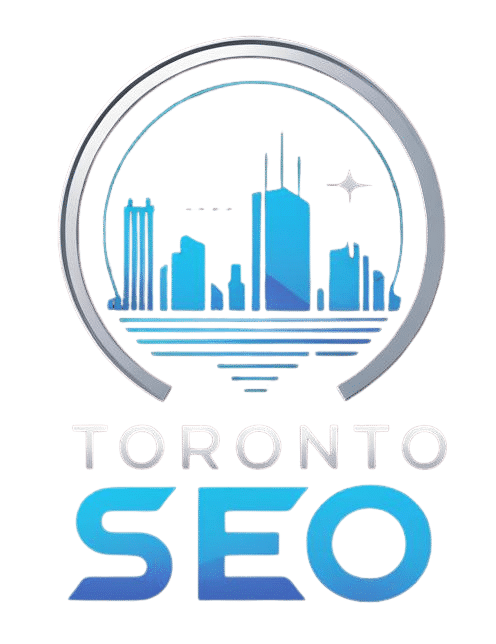
How to Dominate Google’s First Page in 2025
Let’s be honest: If your Toronto law firm isn’t showing up on the first page of Google, you might as well be advertising on Mars. In a digital-first world, ranking well in search engines is no longer a luxury—it’s your new digital real estate.
Why Law Firm SEO in Toronto Is No Joke
Toronto is home to over 8,000 lawyers, and the competition for legal clients online is cutthroat. But here’s the good news: SEO for professionals isn’t rocket science (though it sometimes feels like it).
With the right strategy, any law firm—yes, even yours with the 2007 WordPress theme—can start ranking for profitable keywords like “personal injury lawyer Toronto”, “immigration law firm Toronto”, or “corporate litigation legal advice downtown Toronto”.
The Golden Keyword to Rank For
The Foundation: Technical SEO That Doesn’t Suck
Your legal website needs to load faster than a cease-and-desist letter hitting an inbox. If your site takes more than 3 seconds to load, your potential client is already checking out your competition.
- Compress your images
- Use a Google PageSpeed Insights checkup
- Make sure you’re HTTPS secure (or clients might think your site is hosted on a floppy disk)
Content is King, but Context is Emperor
Having a blog post titled “Legal News 2020” still floating around your homepage? It’s time to let that go. Instead, publish content that answers real questions your potential clients are Googling in 2025:
- “How much does a divorce lawyer cost in Toronto?”
- “Can I sue my employer for discrimination in Ontario?”
- “What to do after a car accident in Toronto?”
Then internally link that article to your Personal Injury Services page or Employment Law page.
On-Page SEO: The Legal Brief Google Actually Reads
Use your keyword in:
- Title Tag: Like this one. ✔
- Meta Description: See top of the article. ✔
- Header Tags (H1-H4): You’re looking at them. ✔
- Alt Tags for Images: Don’t forget them. Google can’t “see.”
- URL Slugs: Keep them short and keyword-rich. Example:
/law-firm-seo-toronto
Backlinks: Your Website’s Digital Referral Letters
Let’s not sugar-coat it: backlinks matter—a lot. If no one’s linking to your firm’s website, you’re invisible to Google.
Focus on acquiring high-quality backlinks from:
Local SEO for Lawyers: Your GMB is Your New Billboard
Claim your Google Business Profile. Optimize it like your career depends on it—because it kinda does. Add:
- Your NAP (Name, Address, Phone) data
- Photos of your team or office (no stock photos, please)
- Regular updates/posts
- Ask clients to leave 5-star Google reviews
Schema Markup: Because Robots Need Love Too
Adding legal schema markup helps search engines understand what your site is about. Add details like:
- Your legal services offered
- Office hours
- Attorney profiles
- Review ratings
Voice Search: Yes, It’s a Thing
“Hey Google, who’s the best immigration lawyer near me?” If your site isn’t optimized for natural language queries, you’re missing out on leads from mobile and smart devices.
Use question-based content, long-tail keywords, and conversational tone to match voice searches.
Common SEO Mistakes Toronto Law Firms Make
- Using “Legalese” instead of plain language
- Keyword stuffing (Google hates this more than judges hate late filings)
- No internal linking structure
- Forgetting mobile optimization
How to Measure SEO Success (Without Needing a Law Degree)
- Use Google Analytics to track traffic and conversions
- Monitor rankings with tools like Ahrefs or SEMrush
- Track calls and form submissions via CallRail or similar
Let’s Recap—Because You Bill by the Hour
Law firm SEO in Toronto isn’t optional—it’s mission-critical. From technical tuning and content strategy to backlink outreach and local SEO, the firms dominating search results are doing it all.
And the good news? You can, too—without chasing algorithms like they’re subpoenas.
Get Help from a Legal SEO Pro
If you’d rather focus on winning cases than keyword density, you can always hire an SEO agency in Toronto that specializes in results-driven strategies for law firms.
FAQs
How long does it take to rank for law-related keywords in Toronto?
It depends on the keyword competition, but typically 3–6 months for mid-range terms and longer for competitive ones like “personal injury lawyer Toronto.”
Should I do SEO or Google Ads?
Both. Ads provide instant traffic. SEO provides sustainable, long-term leads. Smart firms do both.
Do reviews affect my SEO?
Yes. Google reviews are a local SEO signal and improve trust with searchers.
Do I need a blog on my law firm’s site?
Absolutely. It’s where you can target long-tail search terms, show expertise, and attract backlinks.

